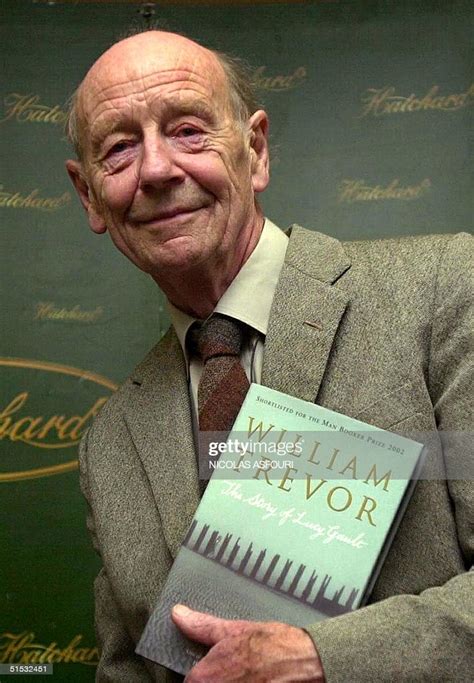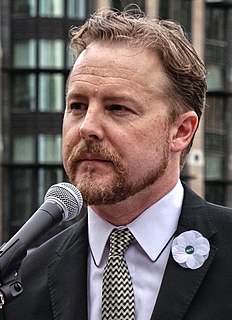A Quote by William Trevor
I read hungrily and delightedly, and have realized since that you can’t write unless you read.
Related Quotes
If you are going to write, say, fantasy - stop reading fantasy. You've already read too much. Read other things; read westerns, read history, read anything that seems interesting, because if you only read fantasy and then you start to write fantasy, all you're going to do is recycle the same old stuff and move it around a bit.
The most important thing is you can't write what you wouldn't read for pleasure. It's a mistake to analyze the market thinking you can write whatever is hot. You can't say you're going to write romance when you don't even like it. You need to write what you would read if you expect anybody else to read it.
It just happened that we did [Fences] seven years ago on Broadway. Scott Rudin brought me August Wilson's original screenplay for it, and I realized I hadn't read the play. So I read it. Then I realized that Troy (my character) was 53 - and I was 55 at the time. I realized I better hurry up! I might be too old!






































